Sex Worker Safety: Rights, Tools, and Real Strategies for Protection
When we talk about sex worker safety, the practical measures and legal protections that help individuals in sex work avoid harm and access support. Also known as sex work safety, it's not about morality—it's about survival in a system that often ignores your humanity. Too many people assume safety means staying off the streets or hiding from police. But real safety means having control over your environment, your data, and your body—even when the law doesn’t protect you.
Sex work laws, the patchwork of local and national rules that criminalize, regulate, or ignore sex work don’t make anyone safer. Loitering laws and prostitution-free zones don’t reduce violence—they push people into isolated areas where help is harder to find. And when police seize your phone without a warrant, they’re not just accessing messages—they’re uncovering years of client history, payment records, and personal connections that could be used against you. That’s why digital privacy, the ability to protect your online communications, location data, and financial trails from unauthorized access isn’t optional. It’s your first line of defense.
Knowing your rights means more than reading a pamphlet. It means knowing you can refuse care without shame, demand STI testing without judgment, and document a violent encounter without fear of being arrested for it. That’s where incident documentation, the practice of safely recording client details, timestamps, and interactions to build evidence if something goes wrong comes in. Tools like SafetyPin aren’t gimmicks—they’re lifelines. And when medical providers turn you away because of your job, you need to know which clinics offer confidential care, where to get PrEP without asking questions, and how to find mental health support that doesn’t pathologize your work.
This isn’t theoretical. People are using these strategies right now—in London, Manchester, Glasgow—to stay alive. They’re sharing screenshots of client IDs, storing evidence in encrypted apps, walking into clinics with printed rights cards, and refusing to let fear dictate their choices. The posts below aren’t opinions. They’re field reports from people who’ve been through it: how to handle a police search, how to coordinate medical appointments when you’re chronically ill, how to document abuse without leaving a digital trail, and how to find healthcare that doesn’t treat you like a criminal. These aren’t tips for a fantasy. They’re the tools real people use every day to protect themselves when no one else will.
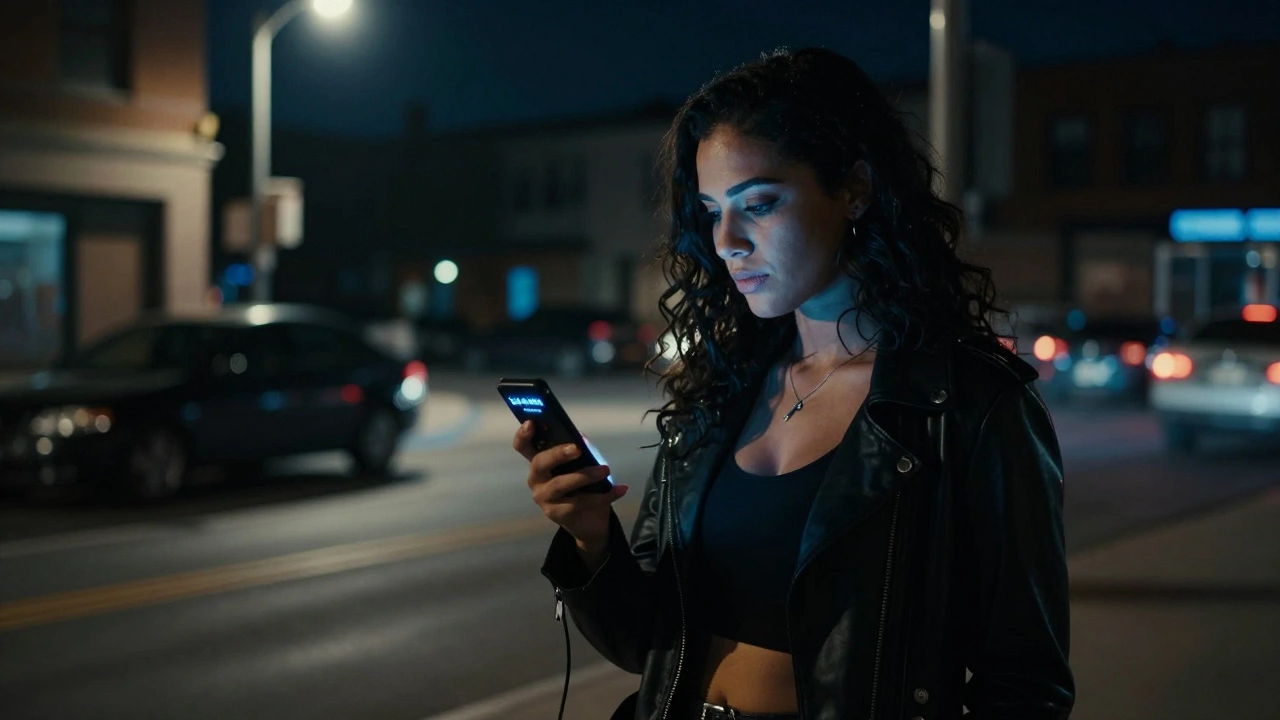
- Dec, 4 2025
- 0 Comments
Emergency Resources for Sex Workers: Hotlines, Legal Aid, and Health Clinics
Emergency resources for sex workers include 24/7 hotlines, legal aid that won't report you, and health clinics that provide care without judgment. Find trusted support for safety, medical help, and legal protection now.
read more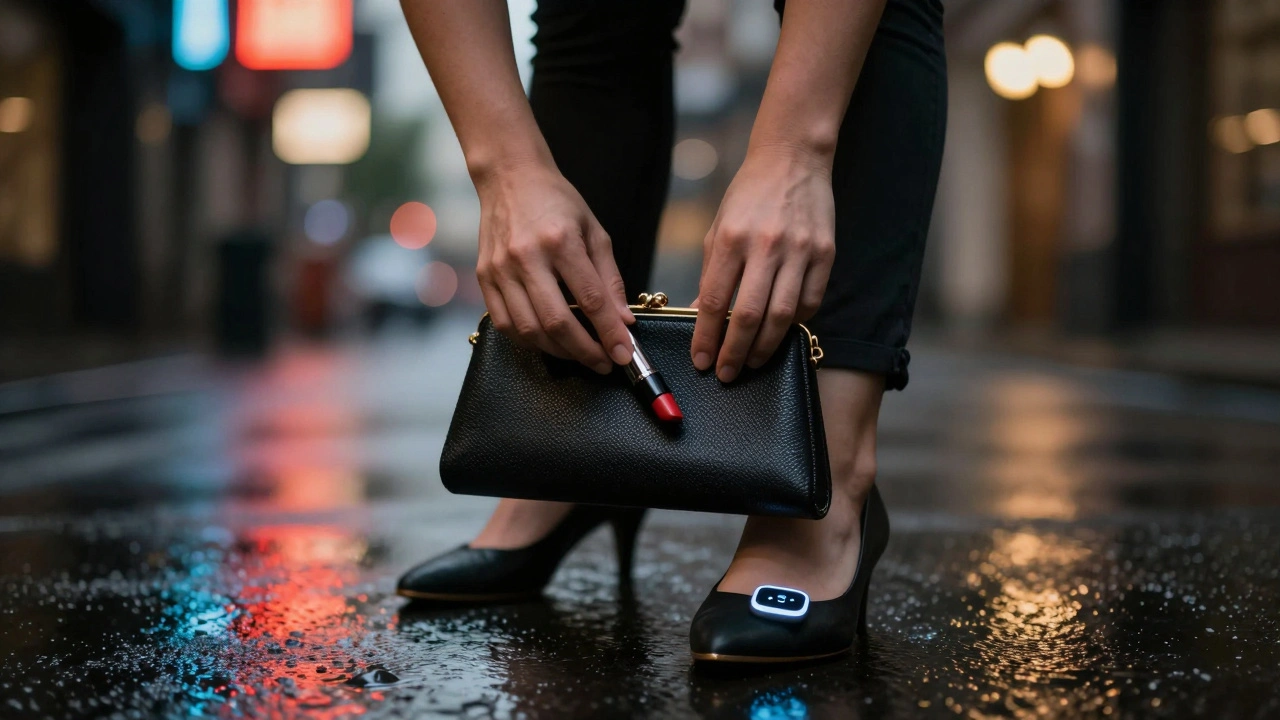
- Dec, 1 2025
- 0 Comments
Safety Supplies for Sex Workers: Discreet Alarms, GPS, and First Aid Kits
Discreet alarms, GPS trackers, and tailored first aid kits are essential safety tools for sex workers. Learn how to choose, use, and maintain these supplies to stay safe on the job-without drawing attention.
read more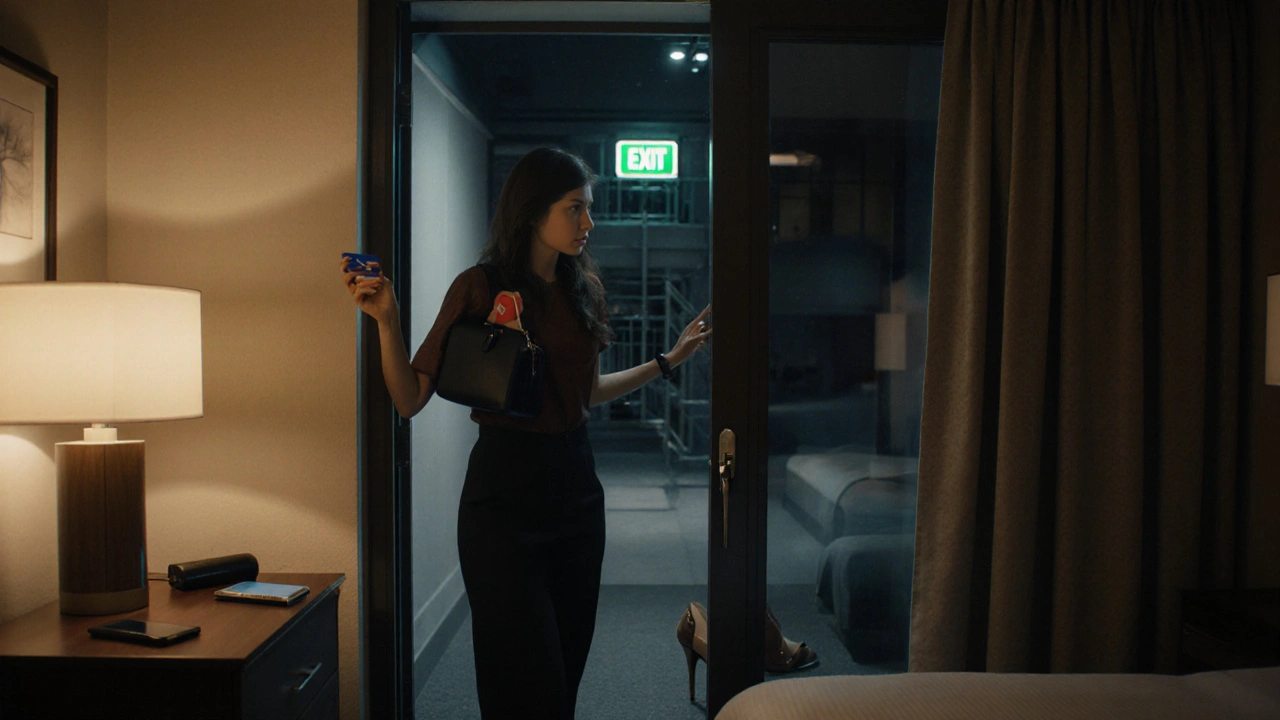
- Nov, 28 2025
- 0 Comments
Safer In-Person Meetings: Environmental Safety Tips for Sex Workers
Learn practical environmental safety tips for sex workers meeting clients in person. From choosing safe locations to using tech and planning exits, these steps reduce risk and restore control.
read more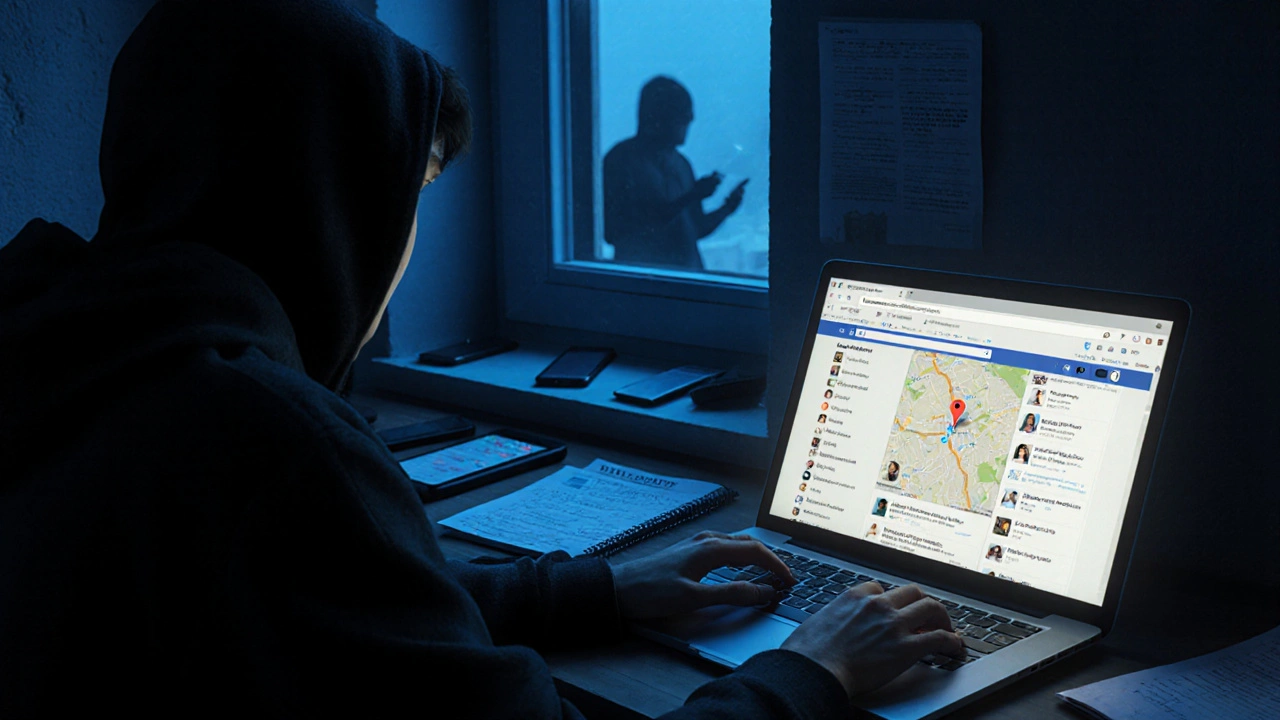
- Nov, 26 2025
- 0 Comments
Doxxing Protection for Sex Workers: Privacy, Anonymity, and Identity Safety
Doxxing can destroy a sex worker’s life overnight. Learn how to protect your identity with practical steps, trusted tools, and real-world strategies for online anonymity and digital safety.
read more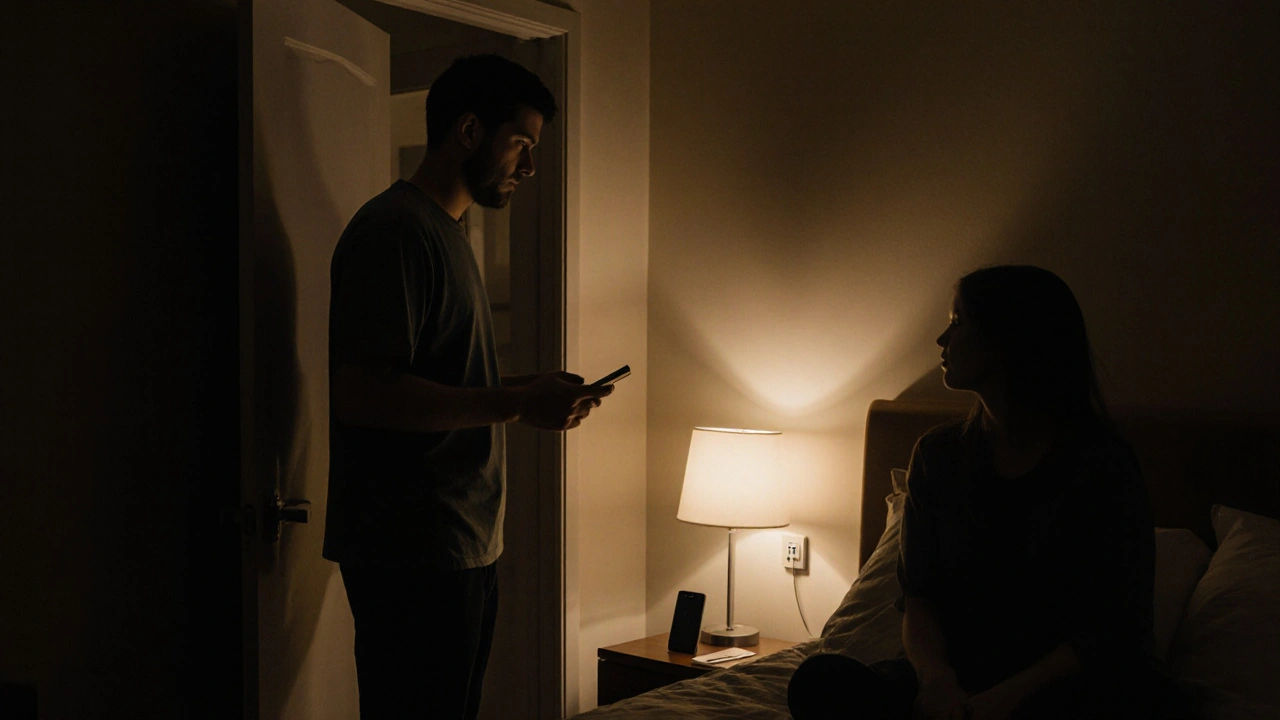
- Nov, 26 2025
- 0 Comments
Safety Planning with Partners: Conversations Sex Workers Can Have at Home
Sex workers can stay safer at home by having clear, practical conversations with partners about boundaries, code words, and emergency responses. This guide offers real steps to build trust and protection without sharing more than you want to.
read more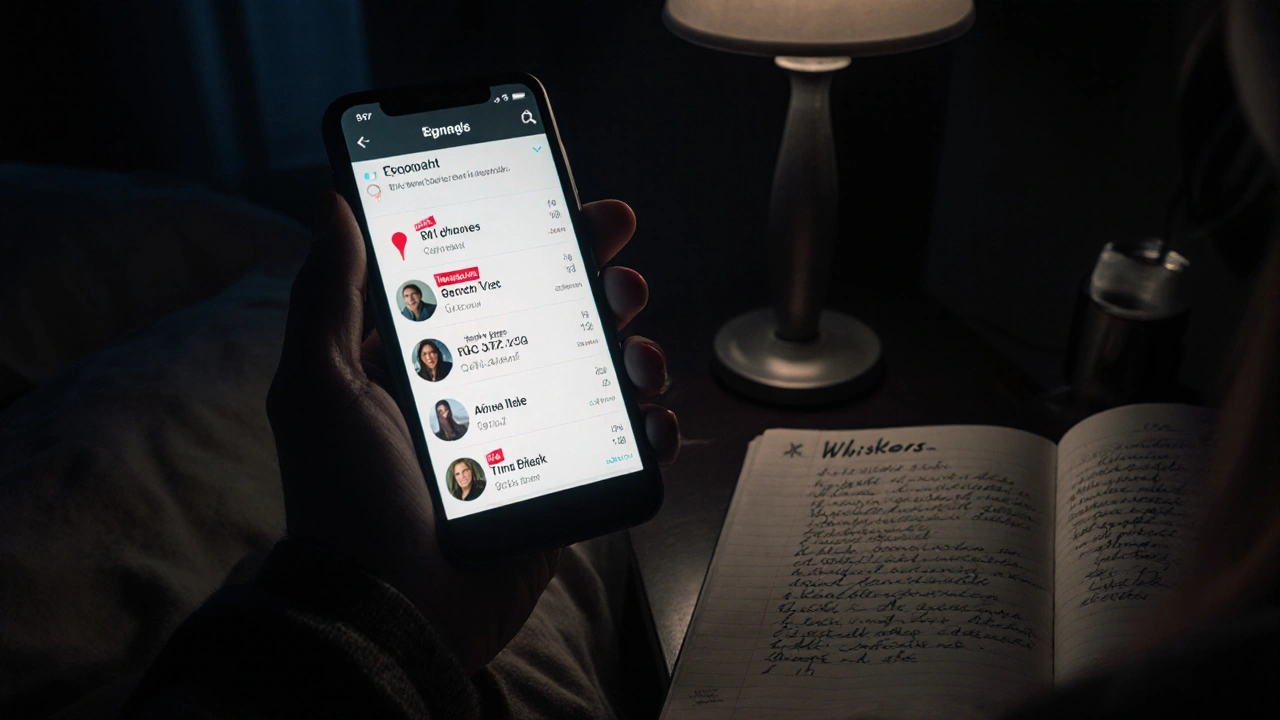
- Nov, 25 2025
- 0 Comments
Bad Date Lists: What They Are and How Sex Workers Use Them to Stay Safe
Bad date lists are private, peer-shared databases used by sex workers to warn each other about dangerous clients. These tools save lives by helping workers screen clients before meetings, especially where legal protections are absent.
read more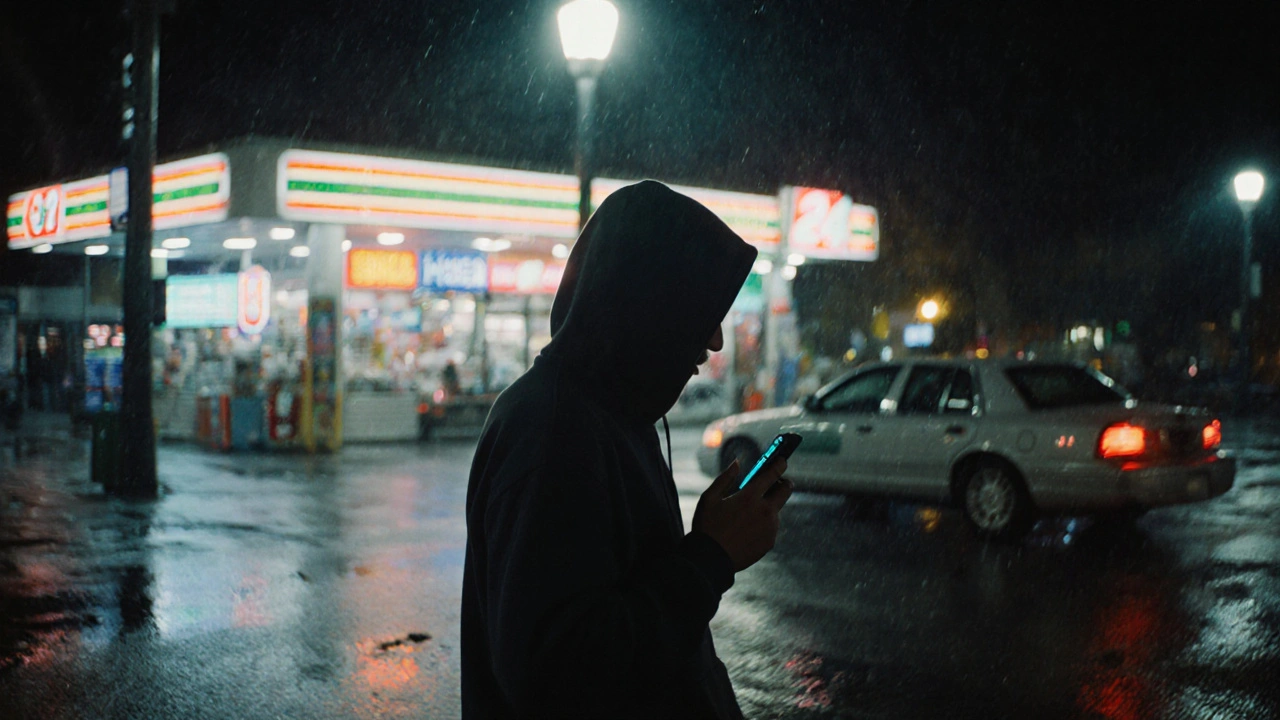
- Nov, 24 2025
- 0 Comments
Safe Transportation for Sex Workers: Ride-Hailing, Taxis, and Exit Plans
Learn practical strategies for safe transportation as a sex worker, including how to use ride-hailing apps and taxis safely, build an exit plan, and protect yourself when leaving the industry.
read more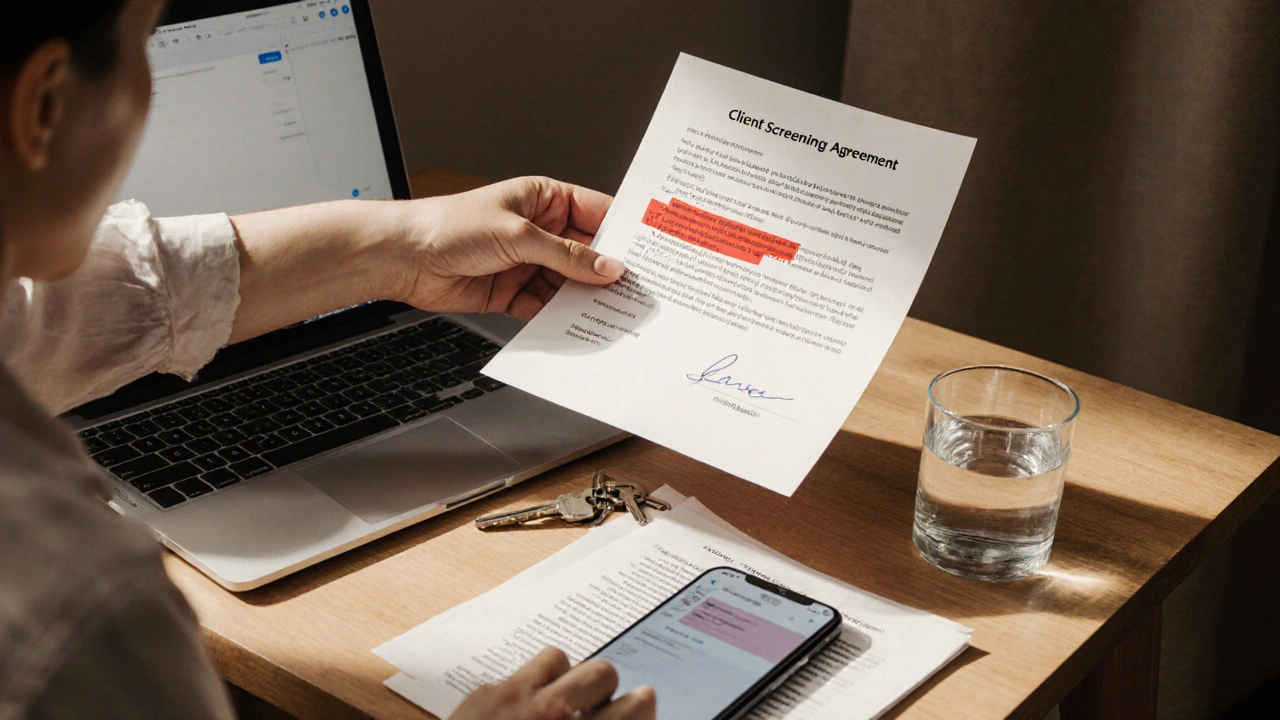
- Nov, 19 2025
- 0 Comments
Protective Legal Documents Sex Workers Can Prepare for Safety
Sex workers can use simple, legally recognized documents like client agreements, consent forms, and emergency protocols to protect themselves from violence, non-payment, and legal risks - even in criminalized environments.
read more
- Nov, 18 2025
- 0 Comments
De-Escalation Techniques for Sex Workers in High-Risk Situations
Learn practical de-escalation techniques sex workers can use in high-risk situations to stay safe, set boundaries, and avoid violence. Based on real experiences and verified strategies.
read more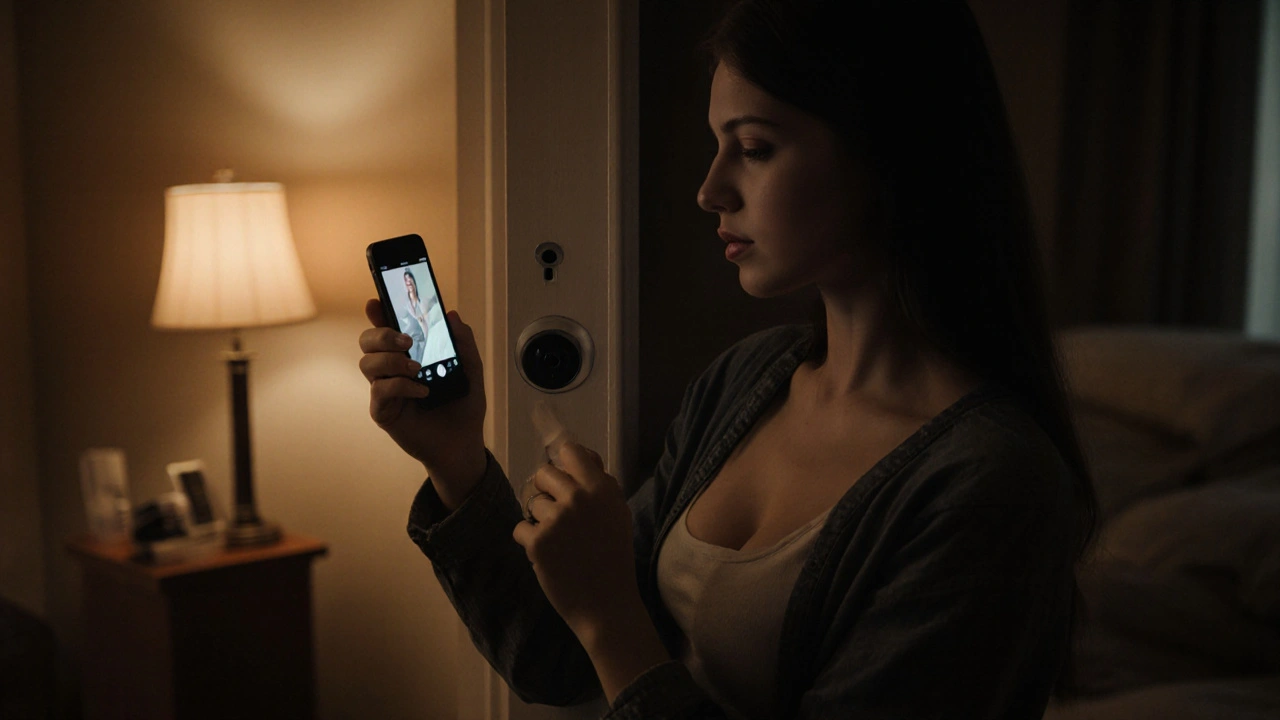
- Nov, 15 2025
- 0 Comments
Personal Safety Planning for Sex Workers: A Practical Harm Reduction Guide
A practical, step-by-step safety guide for sex workers focused on harm reduction, client screening, legal rights, and support networks. Learn how to build a personal safety plan that works in real-world situations.
read more
- Nov, 10 2025
- 0 Comments
Community Safety Networks: How Sex Workers Use Buddy Systems and Check-Ins
Sex workers use peer-led buddy systems and check-ins to stay safe when formal protections fail. These networks rely on trust, encrypted tools, and quiet accountability-not apps or police.
read more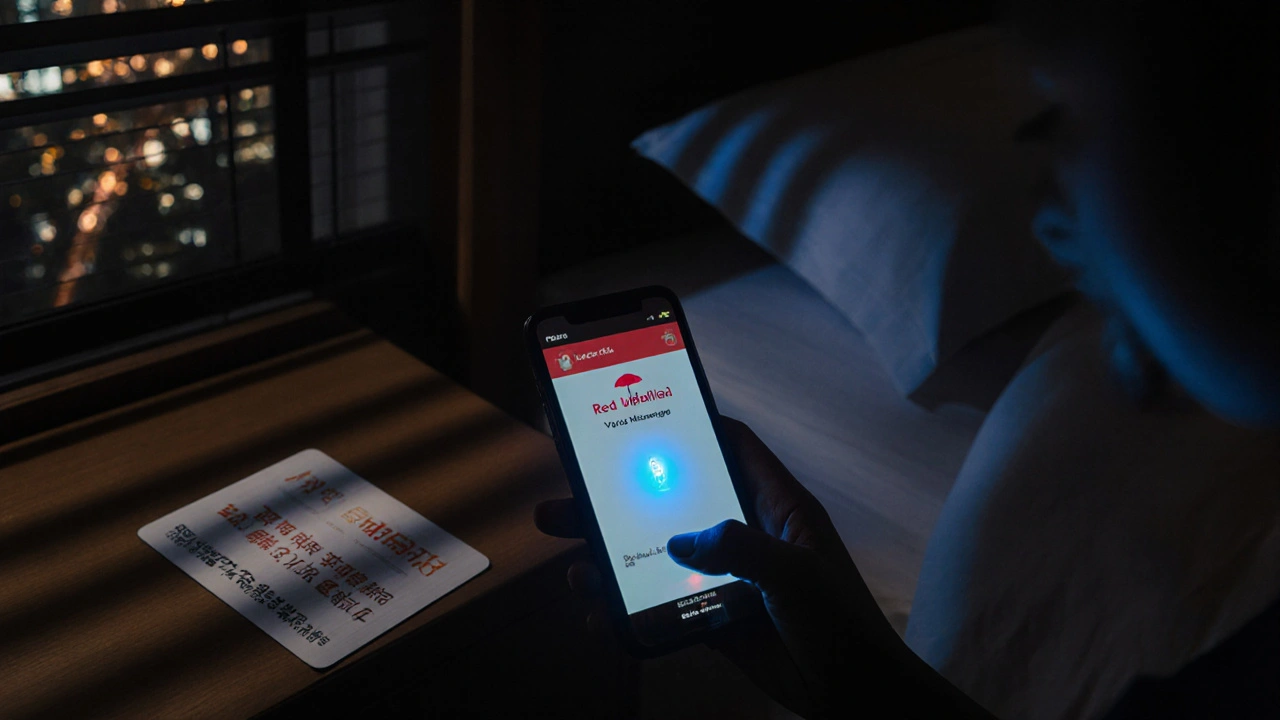
- Oct, 29 2025
- 0 Comments
Language Access and Safety: Multilingual Resources for Sex Workers
Multilingual safety tools help sex workers communicate boundaries, call for help, and avoid violence. Learn about free apps, hotlines, and cards in 18+ languages that actually work on the ground.
read more